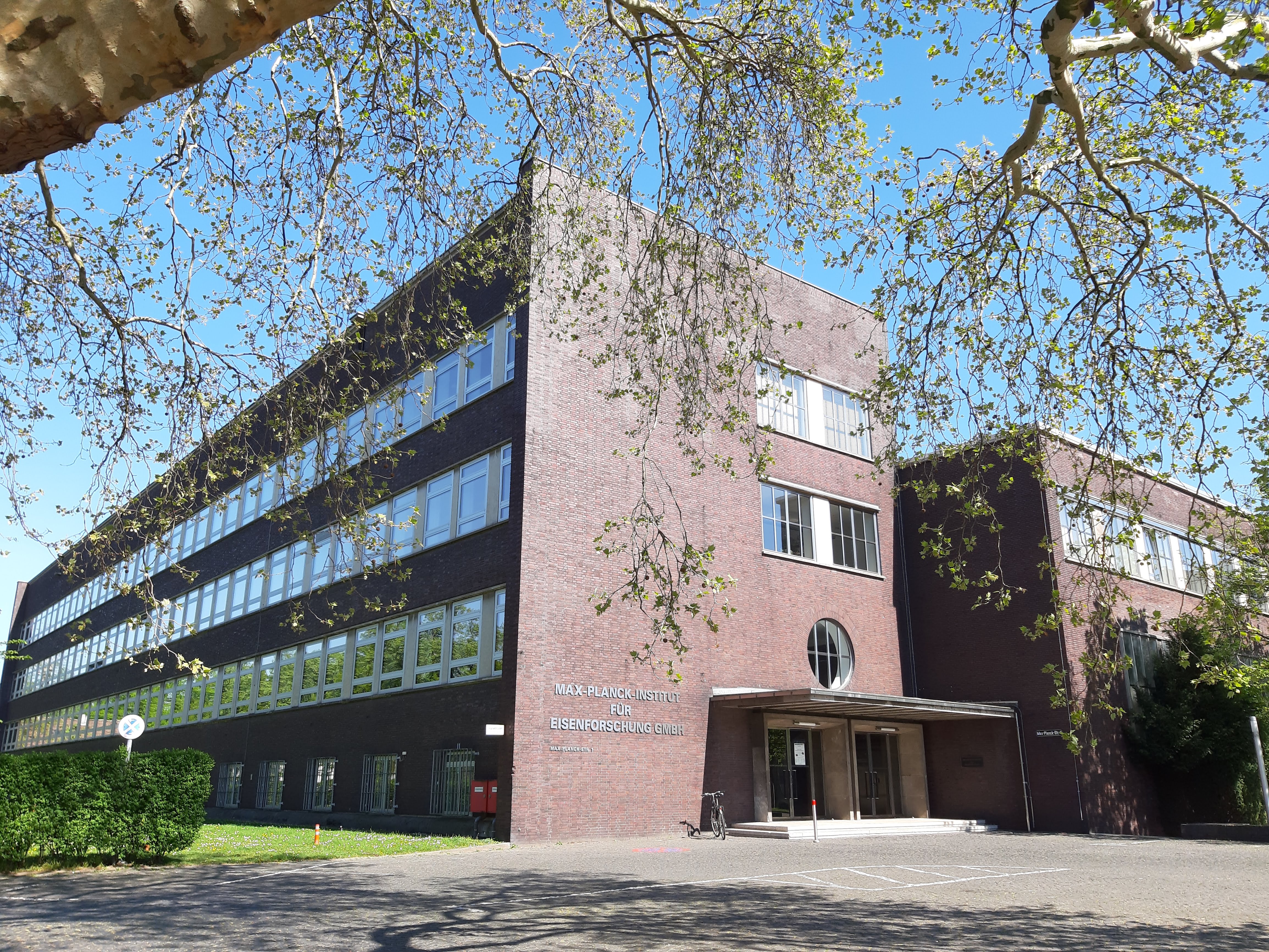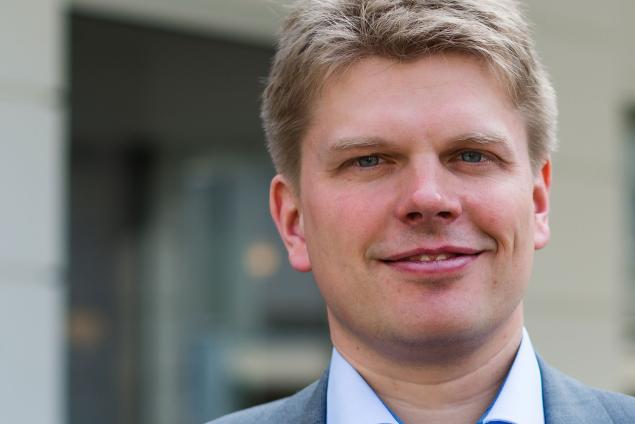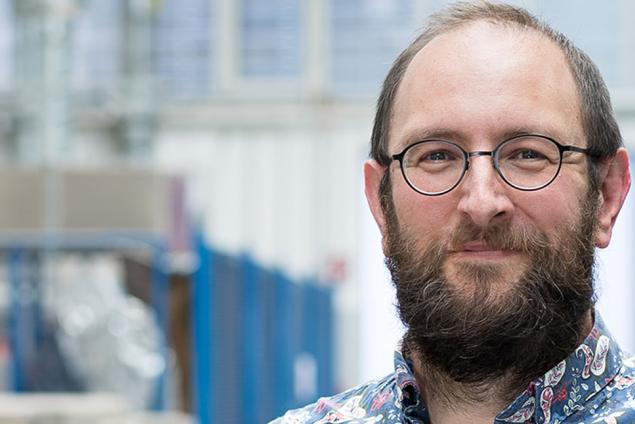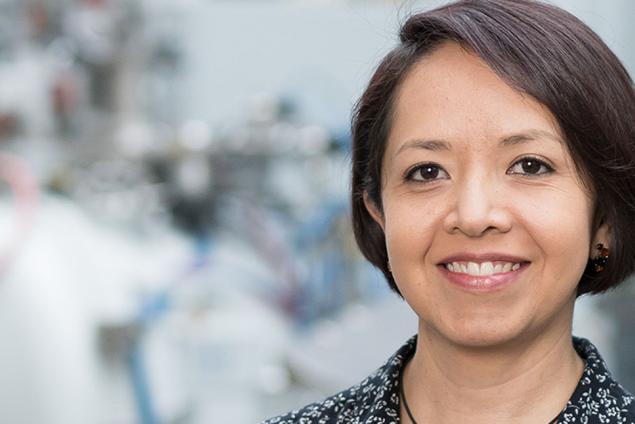Scroll to Section:
Electrochemical processes play a central role for sustainable energy conversion and storage technologies, such as water splitting, hydrogen fuel cells and batteries. In order to maximize the efficiency, stability and life expectancy of these devices, it is necessary to develop accurate simulation techniques to explore and predict structural properties and chemical reactions at electrified surfaces in contact with liquid electrolytes. In this video, STEFAN WIPPERMANN puts forward ideas on how to simulate electrochemical processes with controlled electrode potential from first principles, i.e. solving the respective fundamental physical equations on high performance computers. The present work reveals the response of liquid water to an electric field at electrode/electrolyte interfaces under potential control. These developments open the door towards predicting and understanding the precise mechanistic details and dynamics of electrochemical processes at the quantum level.
DOI:
https://doi.org/10.21036/LTPUB10942
Institution

Max-Planck-Institut für Eisenforschung
Novel alloys for automotive lightweight design and airplane turbines, materials for sustainable energy conversion and storage, and the development of big data and machine learning methods – these are just a few examples of the research areas that are being investigated by the scientists of the Max-Planck-Institut für Eisenforschung. The team of engineers, material scientists, physicists, and chemists develops tailored materials and methods for mobility, energy, infrastructure, and information. To this end, the researchers study complex materials with atomic precision under real environmental conditions.
Show more
Original publication
Dielectric Properties of Nanoconfined Water: A Canonical Thermopotentiostat Approach
Physical Review Letters
Published in 2021
Reading recommendations
Anomalously Low Dielectric Constant of Confined Water
Science
Published in 2018
Toward an Atomic-Scale Understanding of Electrochemical Interface Structure and Dynamics
Journal of the American Chemical Society
Published in 2019
Beyond
A Ground-breaking Scientific Revolution
An Alarming Challenge for Society
If I Had a Second Life
A Personal Reading Recommendation



